Afterpay’s move into hairdressers, restaurants and butchers labelled ‘dangerous’
The buy now, pay later giant is moving into bold new areas but a warning has been issued that consumers are at a “real risk of harm”.
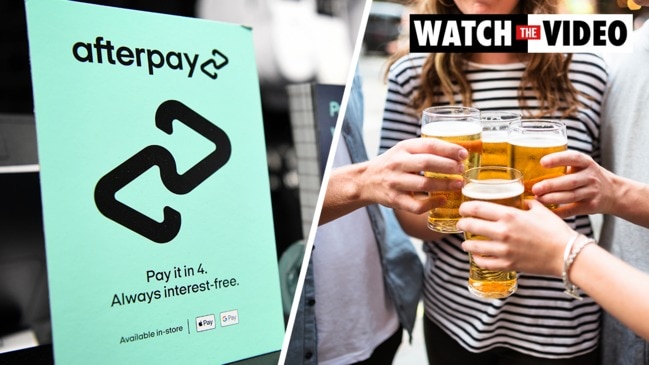
Money
Don't miss out on the headlines from Money. Followed categories will be added to My News.
Afterpay has announced its moving into even more services such as restaurants, butchers and hairdressers as it targets “bricks and mortar” retailers, but consumer advocates have warned its latest offering is “dangerous”.
US company Block, which purchased Afterpay last August for a whopping $39 billion, said it was offering the payment option of four fortnightly instalments to customers who shop at millions of its retailers both in Australia and the US.
The move will allow retailers to accept buy now, pay later payments (BNPL) in-store, with a customer simply tapping to pay using a mobile wallet loaded with their virtual Afterpay card.
It also rolled out Afterpay to its e-commerce in February, but the BNPL’s latest move is a departure from the providers focus on online shopping.
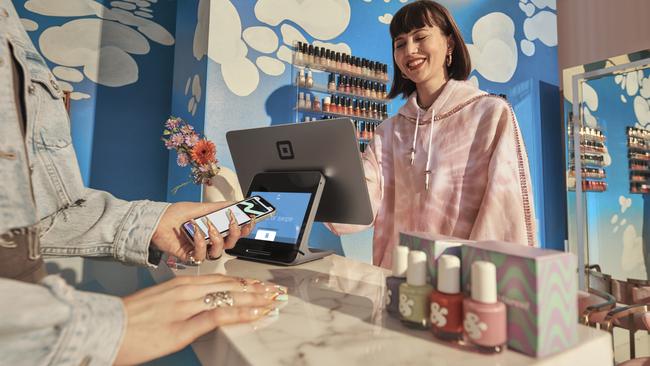
Alyssa Henry, head of Square, said the move could mean Afterpay was used on a wider range of purchases such as the hairdressers.
“You’re probably not going to buy a $3 coffee [with Afterpay], but many restaurants have catering orders, or butcher shops … so there’s a bunch of places where food and drink does come into play, as well as, like, a $100 hair cut,” said told The Sydney Morning Herald.
But Consumer Action Law Centre chief executive Gerard Brody said consumers were at “real risk of harm” using BNPL providers.
“I think it becoming such a ubiquitous and widespread product – everywhere we turn there is buy now, pay later – and it is really concerning that these providers like Afterpay aren’t subject to the same safeguards as other financial products,” he told news.com.au.
“It’s a failure of our government to ensure people are treated fairly and have consistent consumer protections no matter where they shop and where they get product from.
“It definitely has the potential to send users into more debt – credit is a pretty dangerous product and that’s why have safeguards are in place. People shouldn’t be using credit for everyday expenses.”
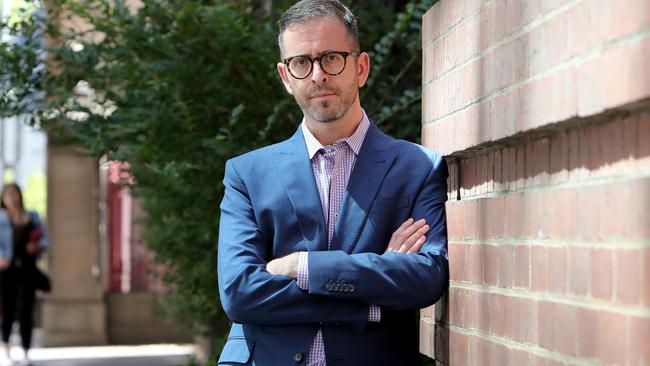
Mr Brody said if people are using buy now, pay later to pay for small amounts, such as a $100 hairdresser trip, this could land them in trouble as they face having to make repayments on top of their essential bills.
Eventually, it just leads to even more debt for a lot of customers, adding his organisation sees see people affected by BNPL across all age groups and cohorts who are lumped with unsustainable repayments as well as using multiple accounts.
“It turns into using more credit and buy now, pay later providers and we see people who have five or six buy now, pay later accounts on the go at once … I think its very risky to rely on credit on everyday purchases like going to hairdressers, butchers and restaurants,” he said.
“Even small amounts can cause significant stress if the repayments are unaffordable. If people don’t have the money to make the repayments, then BNPL providers can come in with late payment fees and that adds up and can cost you and it might end up with accounts in overdraw and getting default fees taken out from your bank.
“Then you might then might not be able to pay for essential expenditures like rent and utilities.”
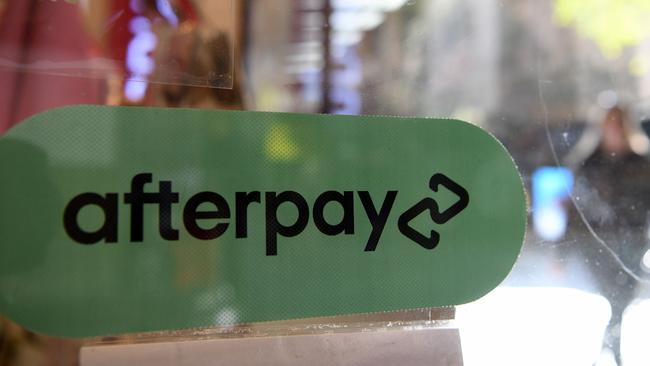
An Afterpay spokesperson said by using the BNPL provider consumers can avoid using expensive loans and credit cards which lead to revolving and compounding debt at interest rates of 20 per cent or more.
“BNPL products and services are regulated – they are already required to meet various legal and regulatory obligations, and have oversight from ASIC, ACCC, AUSTRAC, OAIC and the courts. This includes ASIC’s broad product intervention power and oversight via its design and distribution obligations,” they said.
“Credit cards are regulated differently because they expose consumers to the risk of expensive and long-term debt traps. Afterpay is the opposite. We start consumers on low spending limits – a few hundred dollars — and the first instalment payment is required upfront.
“All Afterpay purchases need to be paid off in six to eight weeks, and we prevent a consumer from spending as soon as they miss a repayment.”
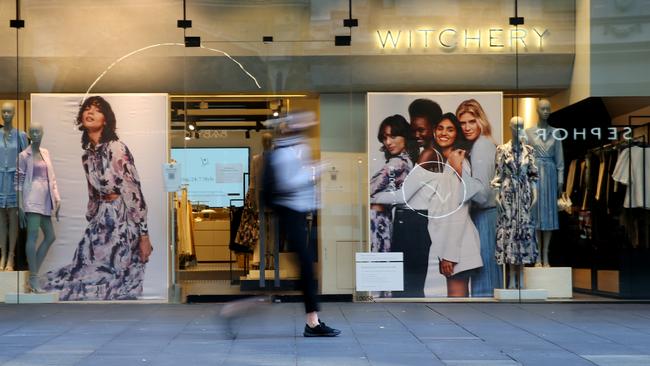
In November last year, Afterpay also revealed it would be available in 160 pubs across Australia which alarmed consumer advocates who said it could lead to a “debt spiral” for people.
New BNPL players are also pushing into the property sector by offering to pay people’s rent.
Mr Brody said buy now, pay later providers need to be regulated like other financial products such as credit cards and loans.
“It’s important any lender should be ensuring those repayments are affordable and the product is suitable to the consumers and simply Afterpay isn’t required to comply with the same law that other lenders have to,” he said.
Afterpay’s latest move comes as investors seek a pay-off from Block’s massive takeover of the BNPL provider, which has taken a battering on the share market.


The Aussie company’s first results since being taken over left a lot to be desired as Afterpay recorded a net loss of $345.5 million over the six months to December 31, 2021.
Ms Henry acknowledged the “volatility” of the buy now, pay later space, but said the company believed Afterpay offered a huge “opportunity” for linking with Block’s cash app — a consumer app designed for payments and investing.
“We think it’s just super compelling, we think it’s really unique and we believe in the long-term value it’s going to create for shareholders,” she said.
Experts have previously predicted potential “carnage” for the buy now, pay later sector as providers burn through cash, bad debts balloon and customers retreat from using the service – a model which they say isn’t sustainable.
Originally published as Afterpay’s move into hairdressers, restaurants and butchers labelled ‘dangerous’





